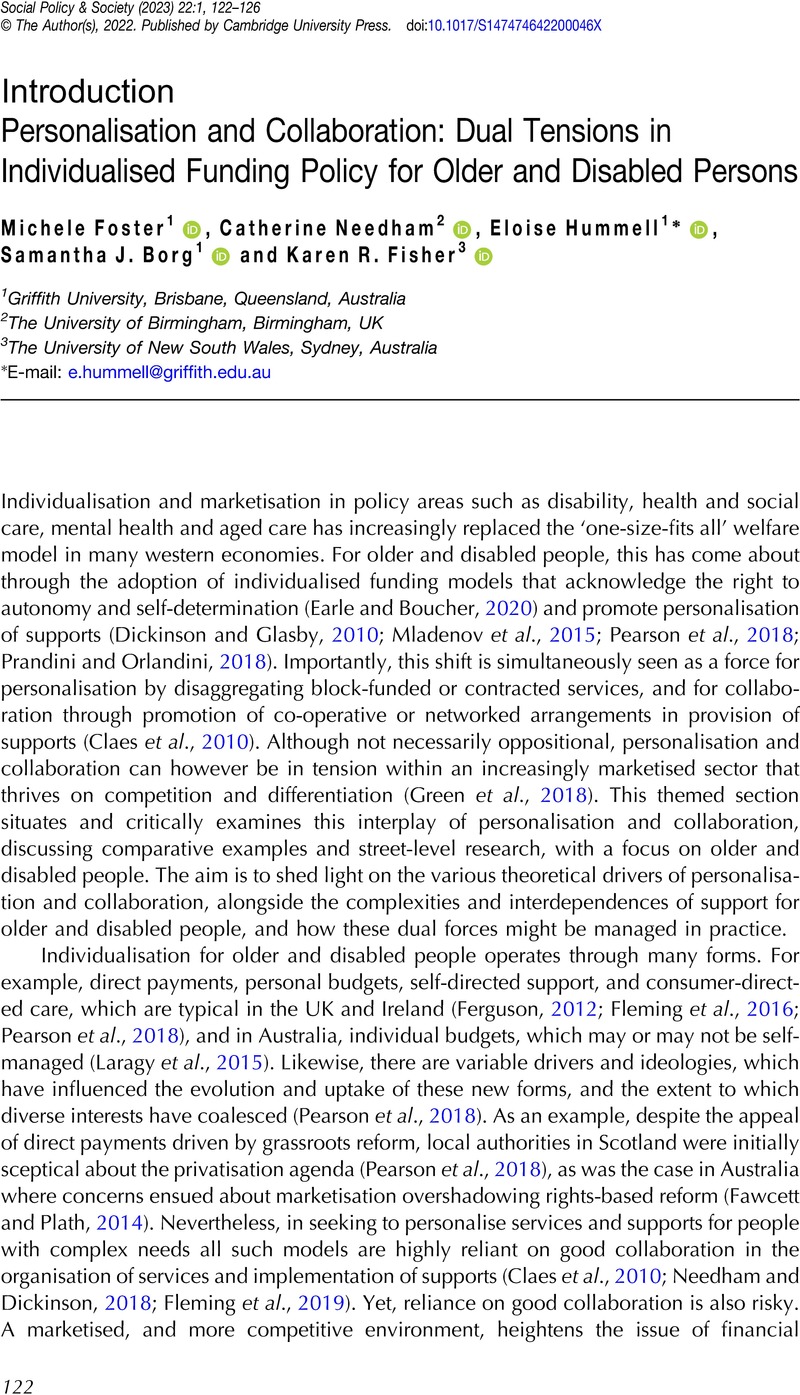Crossref Citations
This article has been cited by the following publications. This list is generated based on data provided by Crossref.
Vargas, Bernadine
Cope, Mylene
Piano, Monica
De Vergara, Jepthe
and
Cerio, Calyd
2024.
Fisherfolk voices on mariculture operations in Sagñay, Camarines Sur, Philippines.
Sustainability Science and Resources,
Vol. 6,
Issue. ,
p.
45.
Laurie, Kirsty
Gustafsson, Louise
Foster, Michele M.
and
Borg, David N.
2025.
Service access networks at 3- and 6-months after discharge from brain injury rehabilitation: an ego-network analysis.
Disability and Rehabilitation,
p.
1.



